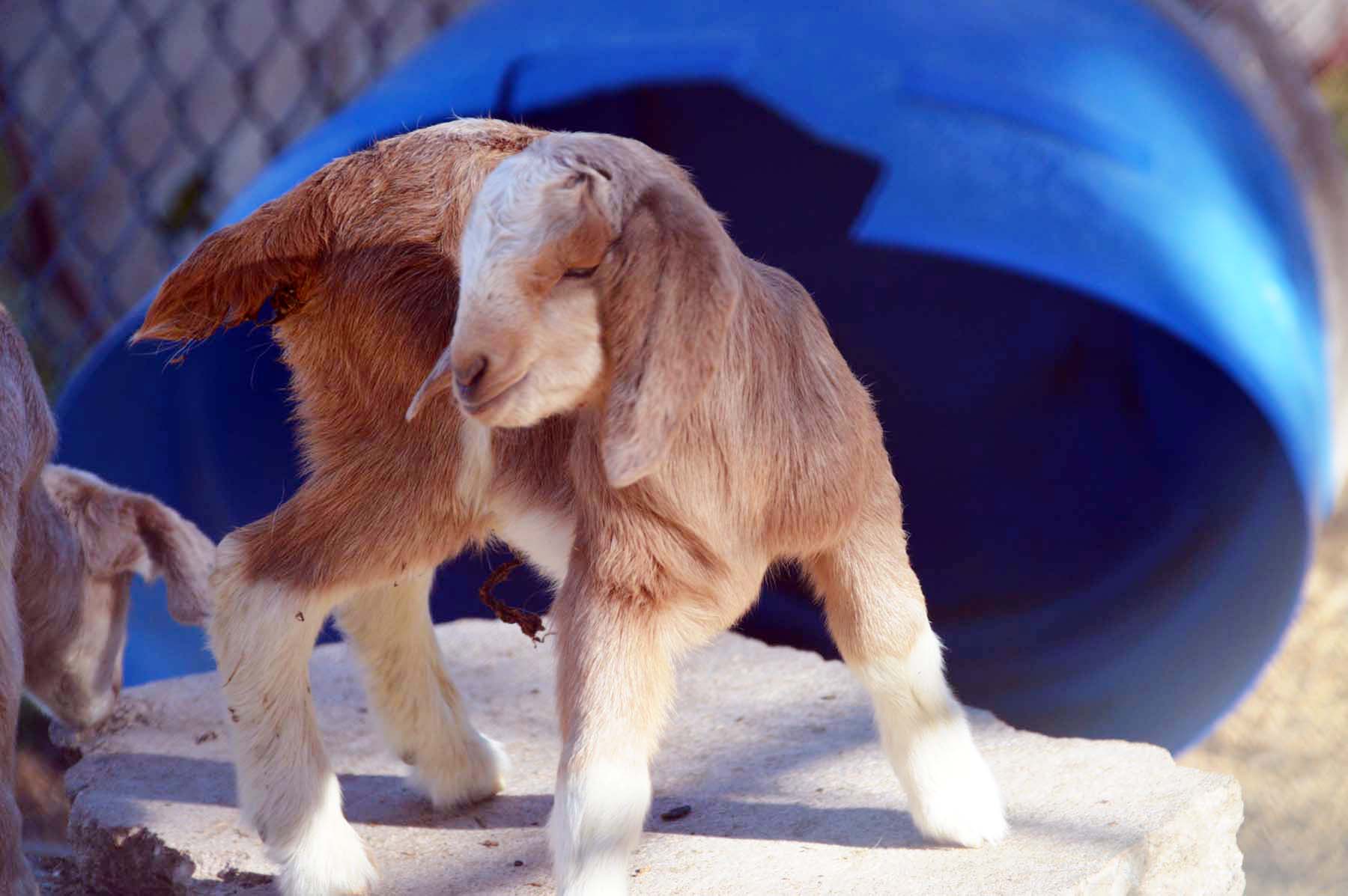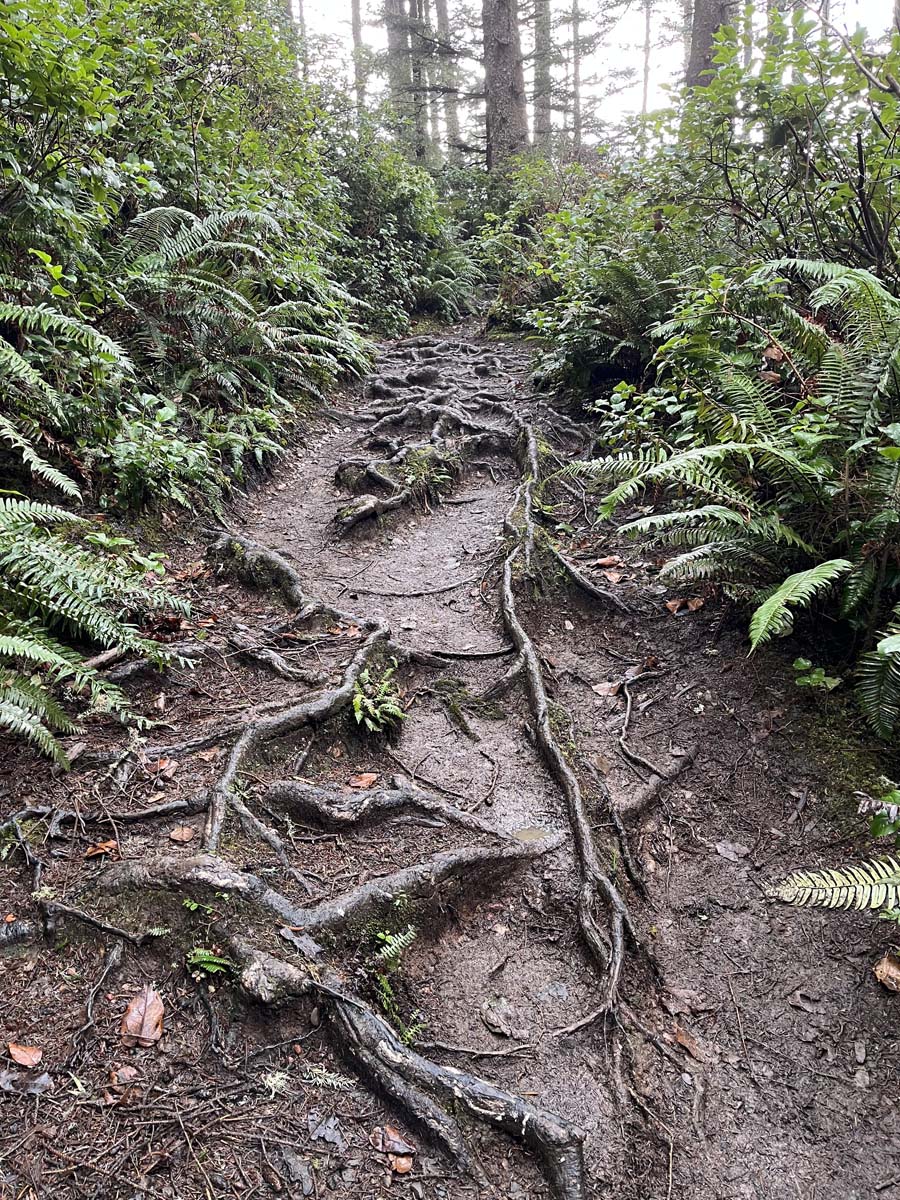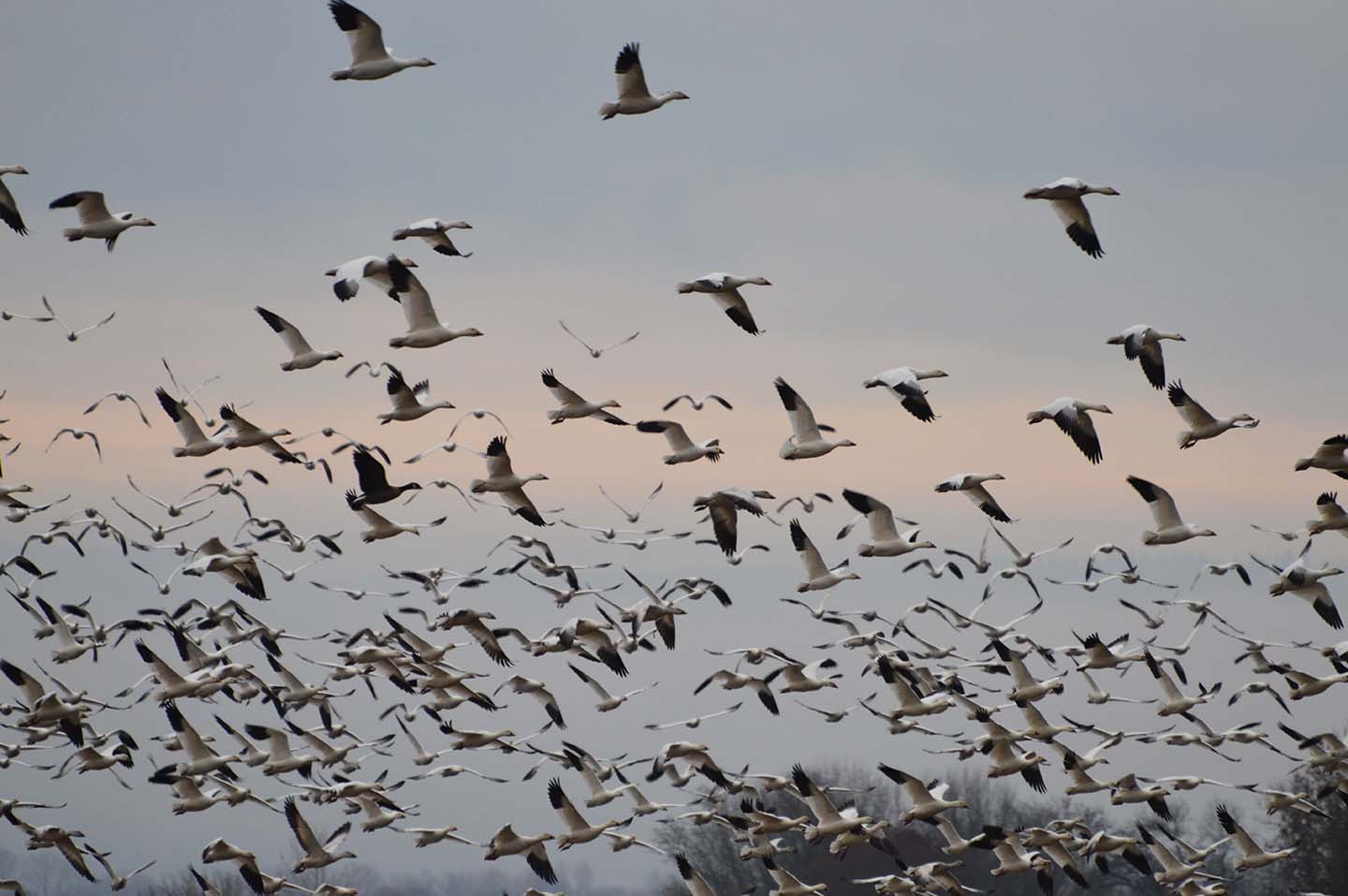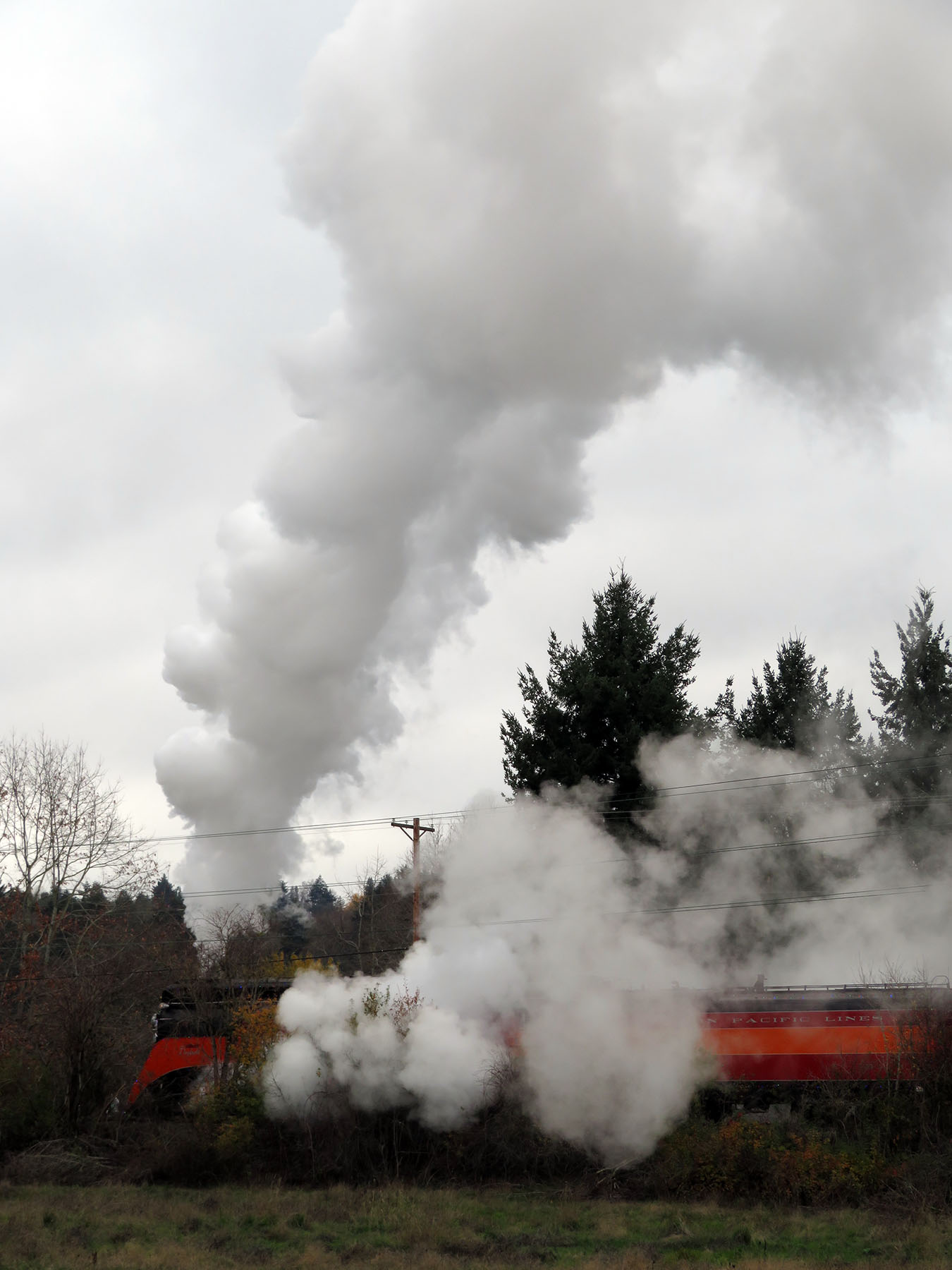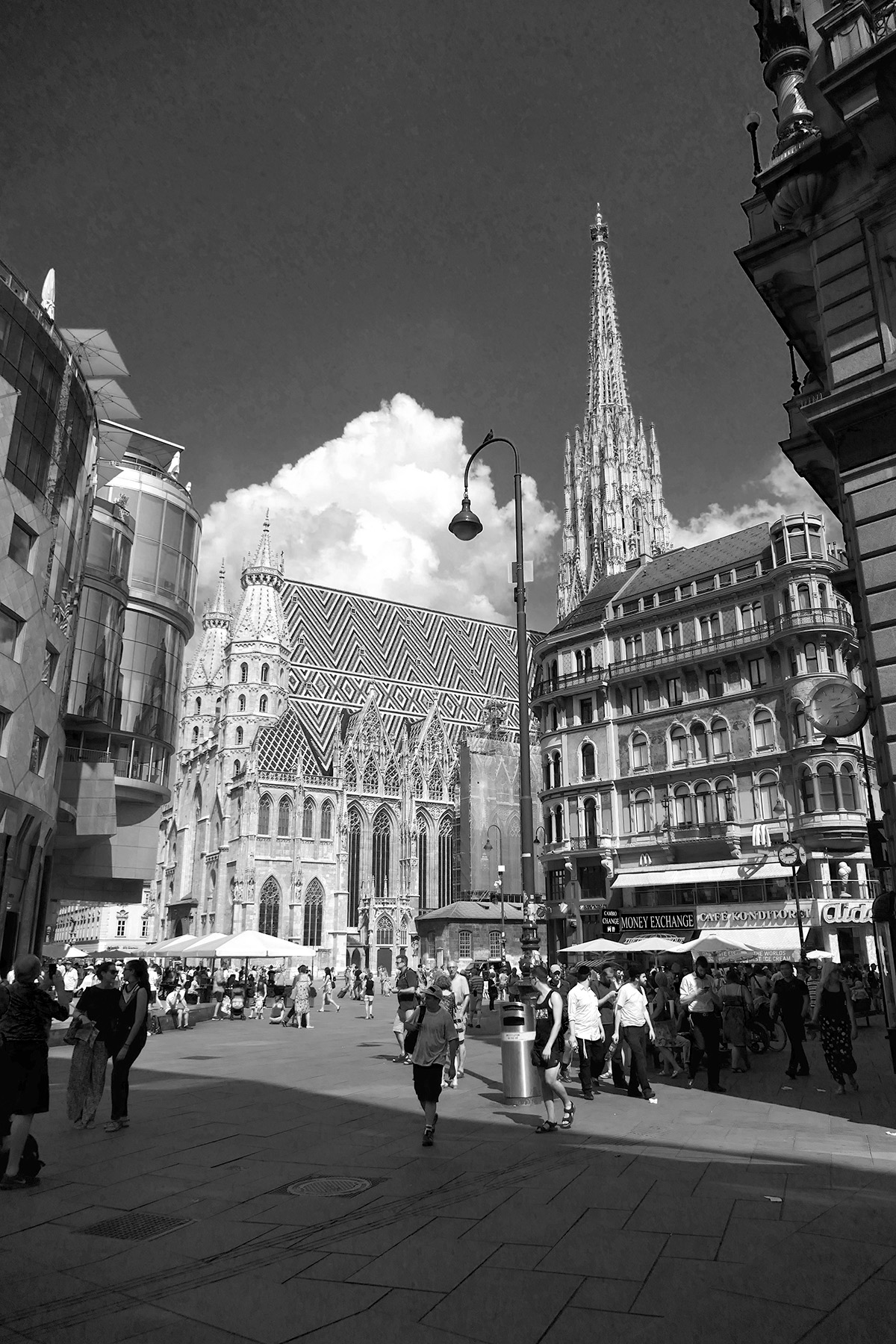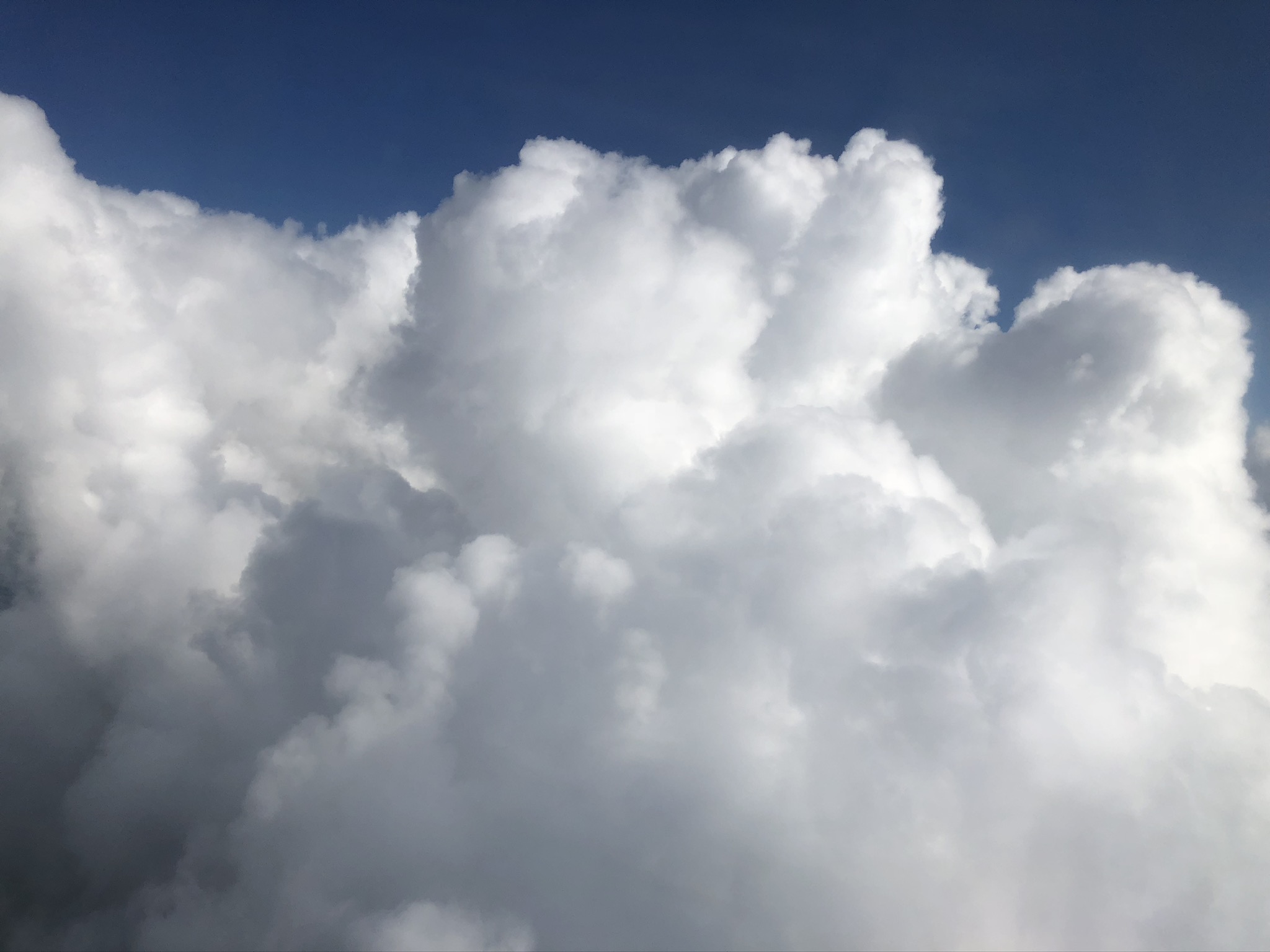There have been rich moments during my stay at the Californian Zorthian Ranch, in the course of daily wanderings, or, for that matter, having my coffee on the patio.


Pigs come by and want to be scratched, or, alternatively, bite your ankles (luckily I was warned and the single culprit is easily identifiable.)

Scout the cat visits regularly, and a small dog named Chicken pretends to be fearless.


I have mentioned the owls before, and have come to realize that the entire soundscape is a reenactment of my childhood, on another continent, in an equally rural surround: Goats, cows, roosters and chickens, peacocks, the occasional horse, crows and multiple songbirds – old traces of “home” reappear from some deep place in memory. Except my village did not have Los Angeles or the likes, one of the largest cities ever, attached, but was a truly isolated. I listen to warblers, finches, mourning doves, and am stunned by the arc that my life has taken, from the sugar beet fields of Western post-war Germany, to the San Gabriel mountains in Southern California, with multiple land mark locations in between. So many new beginnings, so many adventures.

How best avoid being eaten: mayflies hiding on lizard’s head….
Next to the rich moments there are magical moments. If you stand still enough for long enough, you can actually watch a pair of tiny wrens build a nest inside some of the discarded machinery. Every time they deliver a twig they serenade, “Look, world, I did it! One more stick to make it a home! Eggs next!”


Gathering twigs







Oops, dropped one

A triumphant trilling after twig deposit in that wheelhouse.
Most moving was the birth of two little goats, literally a stone’s throw away from my porch. I met them not even 24 hours after their birth. Aptly named Chocolate Milk and Brownie by the resident five-year-old, they are exploring their world, trying to persuade their mother to nurse them, for which she has little patience. They romp, they sleep, they are so cute that it brings tears to my eyes, when really, I am not the most sentimental.

Birth: we – I – tend to overlook the enormity of creation, the possibilities of new beginnings, when the world events draw attention so much more frequently to its opposite: death. I have been thinking way too much through the trauma of real wars and our participation in it through acts of commission and omission; the suffering of women condemned to death through new abortion legislation (it is estimated, that over 1000 women each year will dye of ectopic pregnancies alone in Arizona after the lates court rulings that sets the state back to 1864) or reviewing art so completely focussed on the imagination of war action and outcome, as I did earlier this week.



Hannah Arendt ‘s words come to mind, as ever a reminder that we need to fight off a sense of defeat or resignation.
“With word and deed we insert ourselves into the human world, and this insertion is like a second birth, in which we confirm and take upon ourselves the naked fact of our original physical appearance. This insertion is not forced upon us by necessity, like labor, and it is not prompted by utility, like work. It may be stimulated by the presence of others whose company we may wish to join, but it is never conditioned by them; its impulse springs from the beginning which came into the world when we were born and to which we responded by beginning something new on our own initiative” (The Human Condition 176-7).

The concept, as she devised it, is called natality. It does not simply describe the fact of being born. It embraces the potential that is inherent in birth, a potential that needs to be converted into action to make a difference or some impression on the world. (There are lots of other concepts attached as well, including the way we can and must connect with others, for political action that is part of shaping the world, but that would lead us to far away from my main point.)


We have the choice to act, in whatever minimal ways, as creatives, or educators, or supporters, or by providing mutual aid. We can run for something, or we can donate, we can plant trees, or hold others in their grief. We can decide what we focus on – Death? Birth? – to allow us to preserve a semblance of sanity, or to generate sufficient rage so that we refuse to give up.

I have not yet read a recent book by Jennifer Banks, Natality: Toward a Philosophy of Birth which came highly recommended from the L.A. Review of Books. Banks’s case studies include Friedrich Nietzsche, Mary Wollstonecraft, Mary Shelley, Sojourner Truth, Adrienne Rich, Toni Morrison and Hannah Arendt as well, looking at the centrality of the topic of (re)birth in the authors’ work. It’s on the list! When I have time to read again, that is, away from the temptation to hang out with the baby goats and photograph the wrens.

Books have always been my source to screw up the courage for new beginnings. They modeled the worlds that a bored or lonely child would consider open, just a step needed to enter a new universe. Who cared that I probably understood only half of what I read, way too early, from the classics of Russian and French literature to the German canon of the Greats, from Heine to Mann. I know exactly what triggered my Wanderlust, though, at age 9 or thereabouts: a book about chasing white Rhinos in Africa, on a land rover trip from Algiers to Cape Town. I never made it to South Africa. The Zorthian farm is enough.


Music today is a 1902 symphony called Rebirth.
